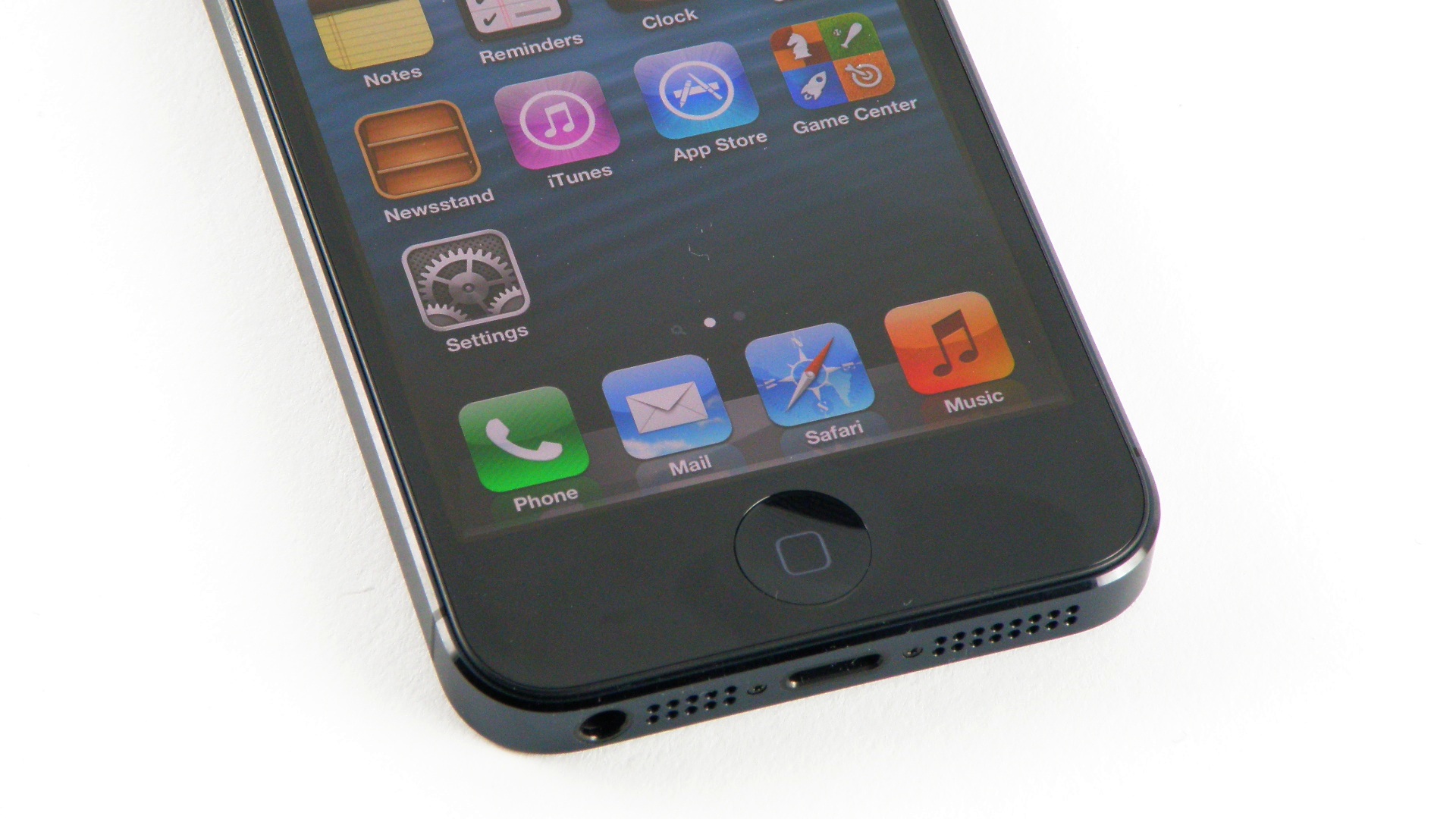Why basic smartphones will win in the race for 'the next billion' users
Is Nokia onto something?
Sign up for breaking news, reviews, opinion, top tech deals, and more.
You are now subscribed
Your newsletter sign-up was successful
"We will see some unsuspecting winners in the open battle for emerging market consumers," says Veremis. Given the unique billing and marketing relationship mobile network operators have with consumers in emerging markets, they have the opportunity to be crowned Kings."
Since it's open source, Android will dominate low-end devices in developing countries for now, but Firefox, Samsung's Tizen and/or Nokia's budget Windows devices might takeover.

Will high-end smartphones survive?
The next billion handsets will not be iPhone or Galaxy-flavoured, but there's obviously still an appetite for high-end smartphones. "There will always be a premium device segment, especially as the middle classes grow rapidly in China and India – these middle class consumers want premium handsets," says Hussein.
"While some observers may think that a new cheap iPhone might drive down prices, we are sceptical that Apple will target the low-end segment of the device market. After all, devices such as the iPad Mini aren't exactly cheap, and Apple has a reputation for keeping its gross margins as high as possible."
However, even Apple needs to keep on its toes. "Already in China there are seemingly amazing iPhone 5 clone phones – normally based on Android – for less than £60/$92 USD, and in time, Telco's will start providing these types of smartphones as they are competing for users and market saturation," says Chadha, who think we might see a completely different type of mobile phone delivered for the high-end.
"This would require some sort of paradigm shift which alters the high-end smartphone to be a must have for all," he explains. "For example, flexible screens or using cyborg type technology to implant connections directly into your body – to your eyes and ears – where you would want high-brand, high-quality."
In the new world order the premium, high-end smartphone will have search once again for a new business model – and a new 'killer app'.
Sign up for breaking news, reviews, opinion, top tech deals, and more.

Jamie is a freelance tech, travel and space journalist based in the UK. He’s been writing regularly for Techradar since it was launched in 2008 and also writes regularly for Forbes, The Telegraph, the South China Morning Post, Sky & Telescope and the Sky At Night magazine as well as other Future titles T3, Digital Camera World, All About Space and Space.com. He also edits two of his own websites, TravGear.com and WhenIsTheNextEclipse.com that reflect his obsession with travel gear and solar eclipse travel. He is the author of A Stargazing Program For Beginners (Springer, 2015),